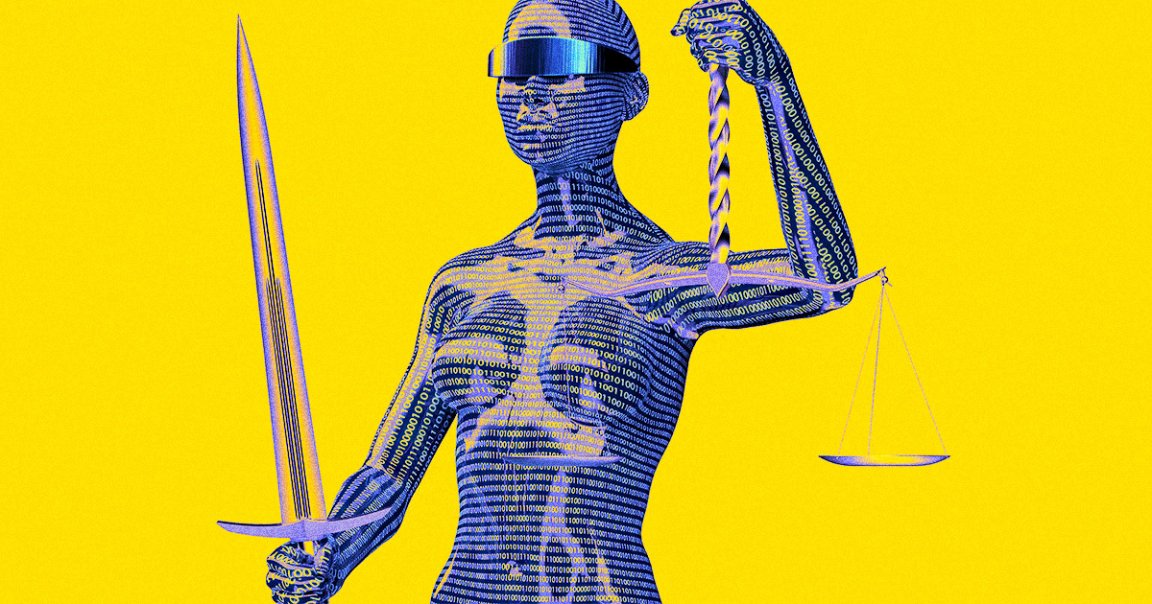
Hammer Time
Google has moved to dismiss a class action data-scraping lawsuit alleging that the Silicon Valley Giant’s AI training practices violated “hundreds of millions” of internet users’ privacy, data ownership, and intellectual property rights.
The lawsuit, filed in San Fransisco back in July, is a sweeping condemnation of Google’s AI training procedures, arguing that Google has only been able to build its AI models by way of “secretly stealing everything ever created and shared on the internet by hundreds of millions of Americans.” AI is data-hungry, and as the lawsuit tells it, Google’s decision to feed its AI models using web-scraped data — the vast majority of it created by millions, if not billions, of everyday netizens — amounts to nothing short of theft.
For its part, Google sounds alarmed. In the search giant’s dismissal motion, filed this week, it denounces the accusations, arguing not only that it’s done absolutely nothing wrong, but that the lawsuit also undermines the generative AI field as a whole.
“Using publicly available information to learn is not stealing,” Google writes in the document. “Nor is it an invasion of privacy, conversion, negligence, unfair competition, or copyright infringement.”
Siding with the prosecutors would “take a sledgehammer not just to Google’s services,” the filing continues, “but to the very idea of generative AI.”
Lines in the Sand
The statements in Google’s dismissal represent an intense ideological battle at the heart of the burgeoning AI field: who really owns the internet and the immeasurable scores of material found across the open web? And if a piece of content exists on the open web at all, does that mean said content should be vacuumed into tech companies’ AI models, only to be regurgitated into potentially commercialized machine outputs? Should our data belong to the platforms that house it?
Existing copyright laws may well apply to some of these questions, but in significant ways it’s new territory for the realm of intellectual property. And as Google continues to draw its ideological line in the sand, so too has the prosecution, which responded to the dismissal motion in kind.
“Our data is our property, our data is valuable and no one has the legal right to just take it,” Ryan Clarkson, managing partner at Clarkson Law Firm which filed the original suit, said in an emailed statement. “Big Tech’s attempt to make mass theft of our personal information a commercial norm is wildly irresponsible and short-sighted.”
More on the Google AI suit: Lawsuit Claims Google Is Vacuuming up People’s Whole Lives to Train AI